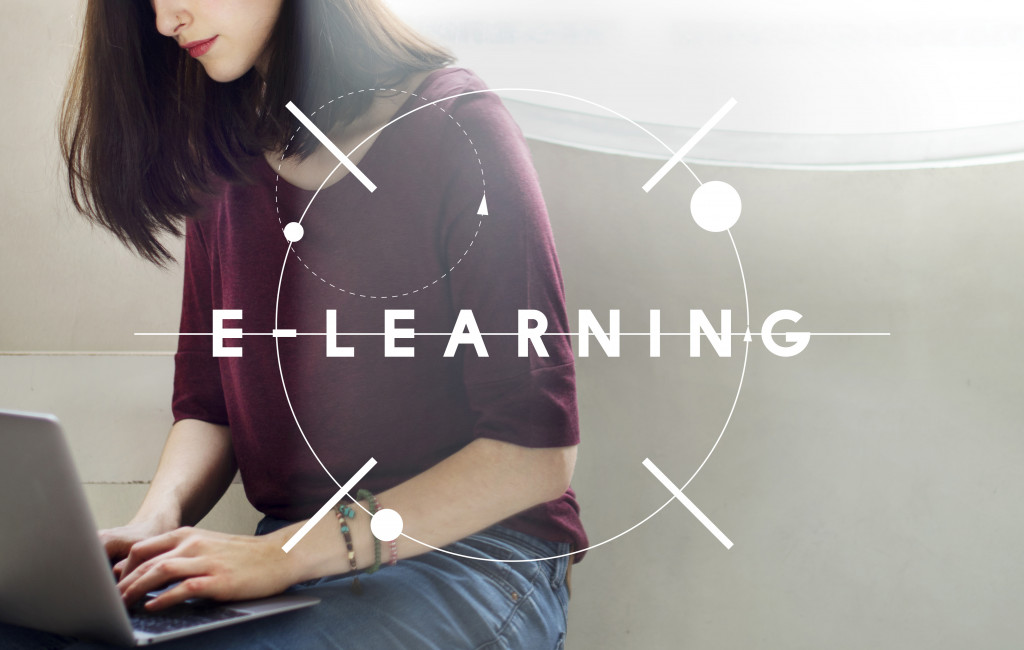Self-learning has become a popular choice for students in recent years. With the rise of online courses and resources, it has become easier than ever to learn without a teacher. But is self-learning the best way to learn? Teachers have the benefit of experience and expertise and personal feedback, which can be essential for learning. Let’s look at the pros and cons of self-learning versus learning with a teacher.
Pros of self-learning
Self-learning has several advantages over learning with a teacher. First, it is more flexible; you can learn at your own pace and fit learning into your schedule. Second, it is more affordable; you can access free or low-cost resources online. Third, it is more personal; you can choose the topics that interest you and focus on your strengths and weaknesses. Finally, it is more portable; you can study anywhere, anytime.
These are just a few reasons why self-learning has become so popular in recent years. It offers many advantages over learning with a teacher, including flexibility, affordability, and portability. But it’s important to consider the disadvantages as well.
Cons of self-learning
There are several disadvantages to self-learning. First, it can be more challenging than learning with a teacher. Without personal feedback, it can be harder to know if you are doing things correctly. Second, it can be more expensive in the long run; if you don’t have access to free resources, you may spend a lot of money on courses and materials. Third, it can be more time-consuming; you may have to spend a lot of time researching different materials and topics. Finally, it can be less social; you may miss out on the benefits of interacting with other students and teachers.
These are just a few of the drawbacks of self-learning. It is important to consider both the advantages and disadvantages before deciding. If you are looking for a more flexible, affordable, and personal learning experience, self-learning may be the right choice for you. But if you are looking for a more challenging, social, and time-consuming learning experience, learning with a teacher may be the better option.
Pros of learning with a teacher

Learning with a teacher has several benefits. First, teachers have experience and expertise in their field and can help you learn more quickly and effectively. They can also provide personal feedback, which is essential for learning. Additionally, teachers can give you important insights into the world of work and help you develop important skills like teamwork and communication.
Overall, learning with a teacher provides many advantages and can help you learn more efficiently and effectively. If you’re looking to learn a new skill or topic, consider learning with a teacher. This is particularly important if you’re studying a specific or niche skill; for example, only a reliable music teacher can help you learn to play the piano properly. A professional language tutor can help you learn a new language more quickly than you could by self-studying and so on.
Cons of learning with a teacher
There are also some disadvantages to learning with a teacher. First, teachers can be expensive. If you’re paying for private lessons, it can be quite costly. Additionally, teachers may not always have enough time to help every student in need, which can lead to frustration. Your schedule might not fit with the teacher’s schedule, which can be a problem if you’re trying to learn a new skill or topic. Learning with a teacher can be less flexible; you may have to stick to the teacher’s schedule and methods. Finally, some students feel that they learn better on their own and don’t need the help of a teacher. If this is the case, self-learning may be a better option for you.
What is the best choice for you – self-learning or learning with a teacher?
So, should you learn on your own or with a teacher? Let’s look at the pros and cons of each. Learning on your own can be more flexible and affordable, but it can also be more challenging and time-consuming. Learning with a teacher can be more expensive, but it can also be more social and provide you with personal feedback. So, which is the best option for you? It really depends on what you’re looking for in a learning experience.
Only you can decide what is best for you. Consider your learning goals and preferences before making a decision. Whichever route you choose, make sure to put in the effort and focus required for success. Learning is an important part of life, so make sure to invest the time and energy necessary to get the most out of your experience.

